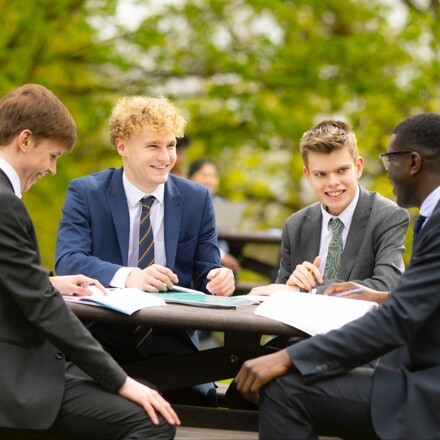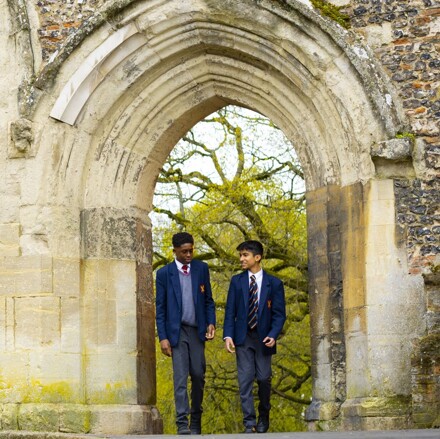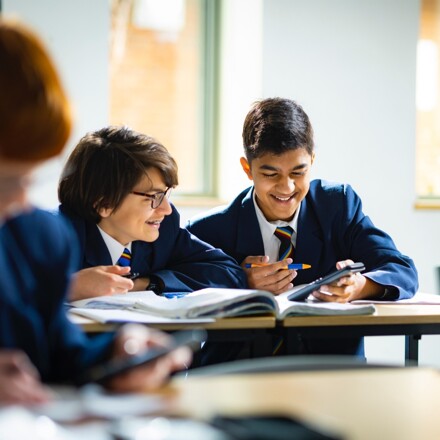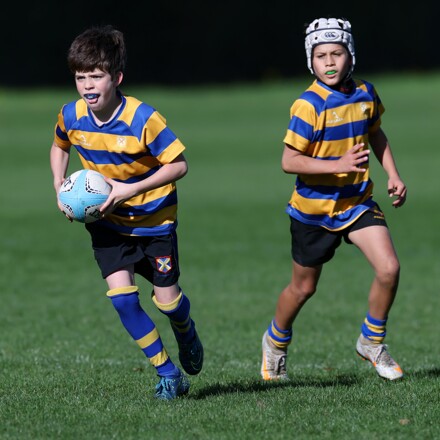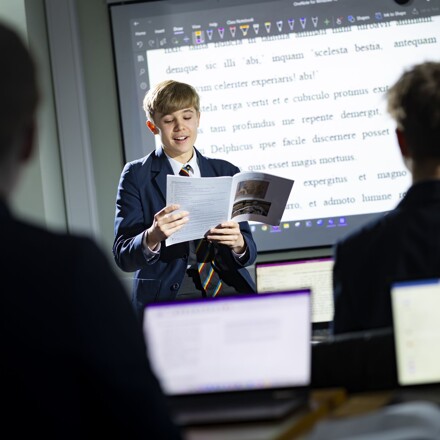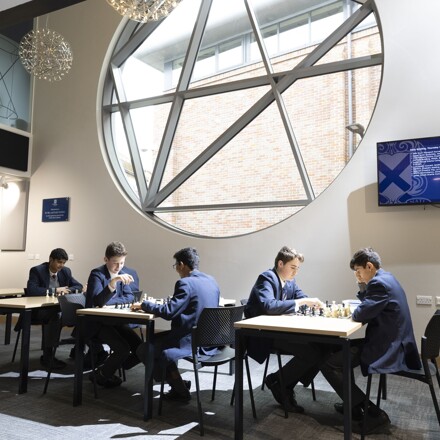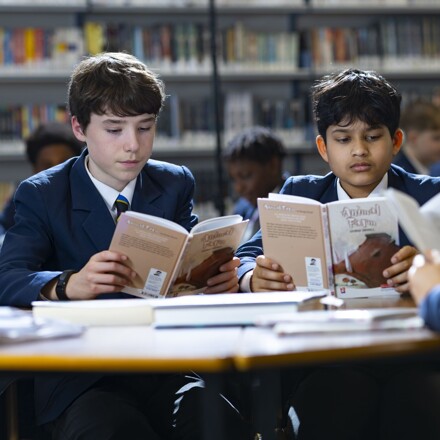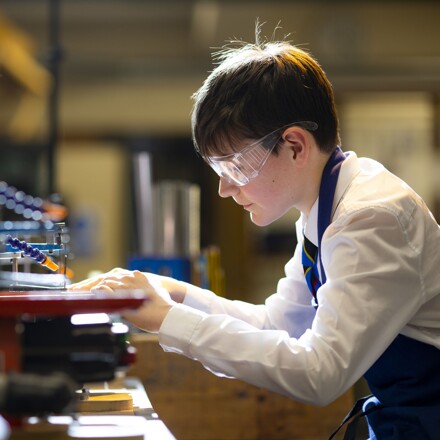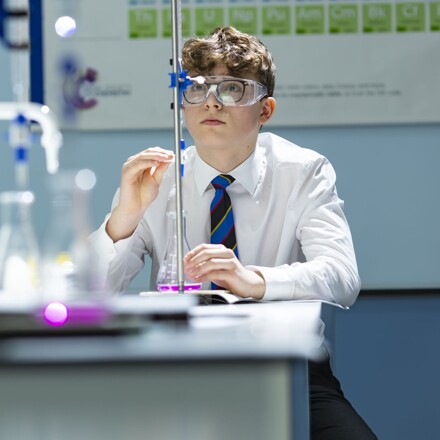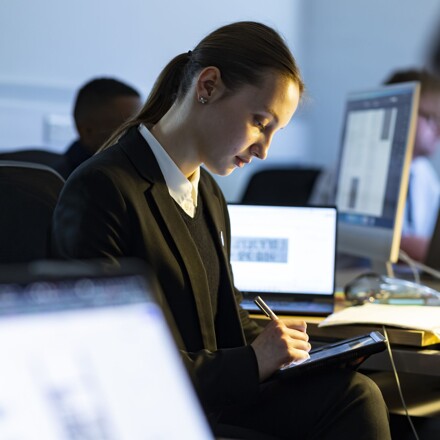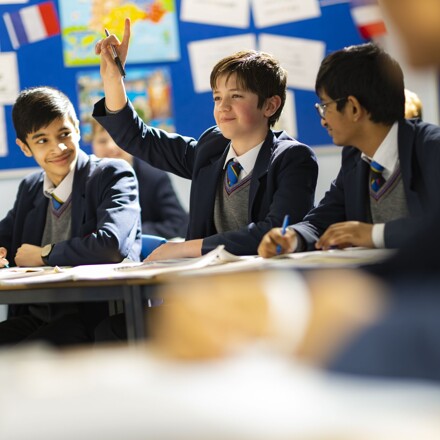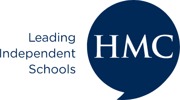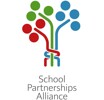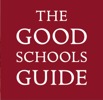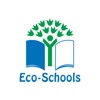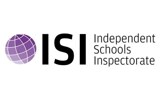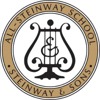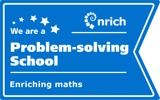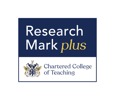Teaching and Learning
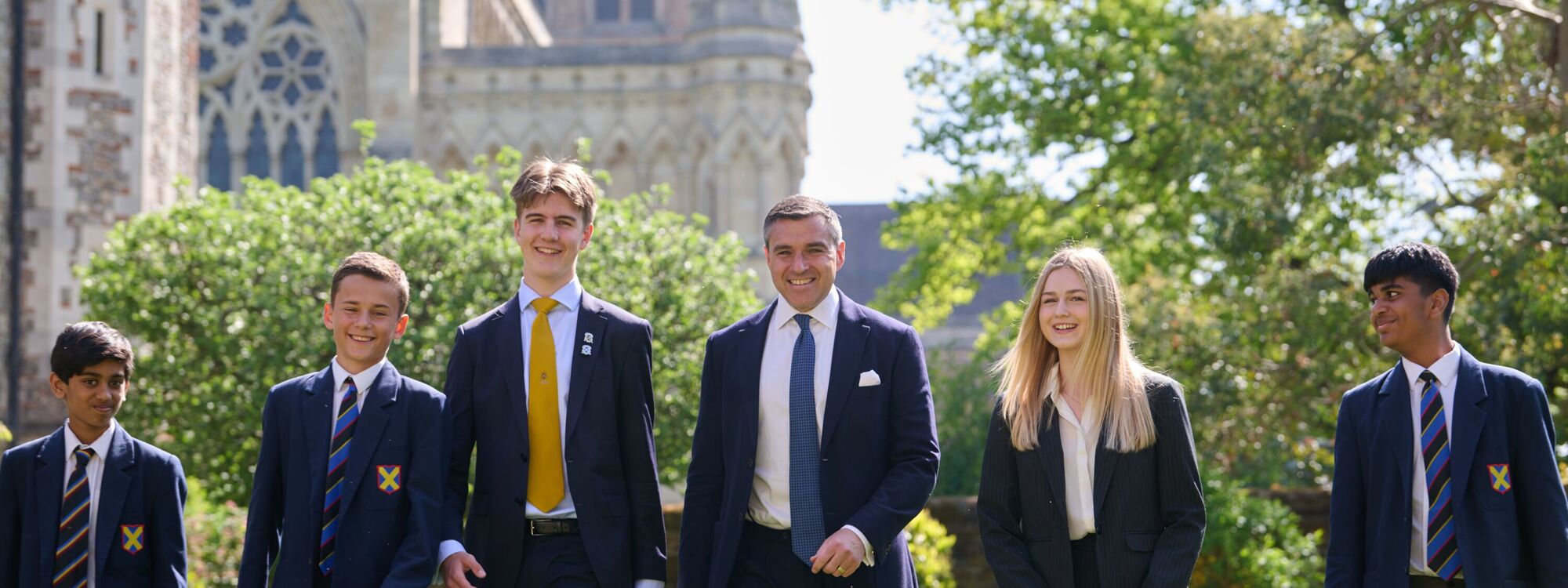
Headmaster's Welcome
- Home
- About Us
- Headmaster's Welcome
I am delighted to introduce St Albans School to you.
A School that blends a proud and distinguished history with an unwavering commitment to preparing young people for the future. Our pupils consistently achieve excellent examination results in the most demanding academic subjects, securing places at leading universities. However, we firmly believe that a truly exceptional education encompasses
much more than academic success. At St Albans School we nurture intellectual curiosity and foster personal growth, enabling each pupil to flourish both inside and beyond the classroom.
We are delighted that from September 2026 we will be extending our co-educational provision across the whole school. In addition to our thriving co-educational Sixth Form, we will welcome both boys and girls into the First Form (Year 7), ensuring that every bright child can benefit from an outstanding St Albans School education.
Every pupil here is well-known and valued as an individual. Our inspirational teaching, combined with a rich and varied co-curricular programme, provides pupils with a wealth of opportunities to explore their talents. Our pastoral care system ensures that pupils develop the confidence, resilience and self-belief to give of their best in all areas of school life.
As one of the oldest schools in the world, we are proud of our rich history. In recent years, the School has been transformed by new and refurbished facilities on our city-centre campus, as well as at Woollams, our superb sporting facility.
To experience the warmth and energy of our community, we invite you to join us at one of our Open Days or arrange an individual visit. A very warm welcome awaits you.

Joe Silvester
